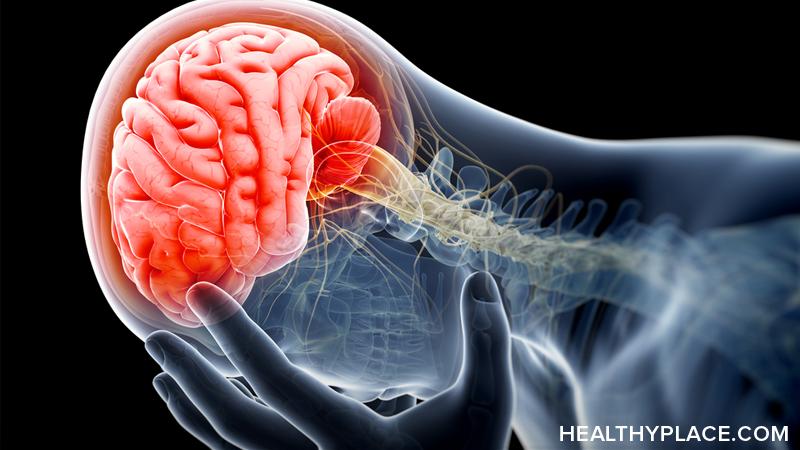ED Thoughts Do Not Have to Become Actions

The voice of my eating disorder (ED) often tries to influence what I think, feel, or believe about myself—but ED thoughts do not have to become actions, no matter how persuasive they sound. An ED thought only has power if I choose to accept its narrative and react accordingly.
As research shows, a human brain will transition from one thought to another about 6.5 times per minute.1 That means over 6,000 conscious thoughts occur on a daily basis. Some are benign or even beneficial, but others can lead to reckless, harmful behaviors if I let them. Fortunately, this decision is within my own control. Eating disorder thoughts do not have to become actions.
It Helps Me to Know that ED Thoughts Do Not Have to Become Actions
I alone am responsible for how I react to whatever thoughts cross my mind. That realization has been a transformative part of my healing. I used to feel defenseless anytime an ED thought whispered in my ear—I would habitually respond to it, never once making the connection that I had a choice to reframe this thought and steer my brain in a healthier direction.
But I know differently now. Just because the eating disorder wants me to behave in a certain way, this does not mean I suddenly lose all resistance and resolve. I might not be able to banish an ED thought entirely, but I do have personal agency to determine if I will act on it.
Sure, I can allow an ED thought to dictate what I perceive to be true. I can hand over the reins and let it govern my actions. Or I can stand firm against the temptation and choose to prioritize recovery instead. There is so much freedom in knowing it's up to me—ED thoughts do not have to become actions unless I give them permission. This debunks the false narrative I once staunchly believed. As it turns out, I can think for myself without an eating disorder always calling the shots.
Are You Aware that ED Thoughts Do Not Have to Become Actions?
It took me several years to face the truth—I had been actively choosing to surrender control to my eating disorder. Sometimes, I still catch myself under the influence of an ED thought, but now I have the self-awareness to consider my response before automatically reacting.
So, I want to pose a question: Has it occurred to you that ED thoughts do not have to become actions? Does that reassure and empower you to take a firm stance against the narratives your eating disorder spins? How might this realization inform your own healing process? If you feel comfortable sharing, please let me know in the comment section.
Source
- Tseng, J., & Poppenk, J. (2020). Brain meta-state transitions demarcate thoughts across task contexts exposing the mental noise of trait neuroticism. Nature Communications, 11(1). https://doi.org/10.1038/s41467-020-17255-9
APA Reference
Schurrer, M.
(2024, April 20). ED Thoughts Do Not Have to Become Actions, HealthyPlace. Retrieved
on 2026, February 28 from https://www.healthyplace.com/blogs/survivinged/2024/4/ed-thoughts-do-not-have-to-become-actions